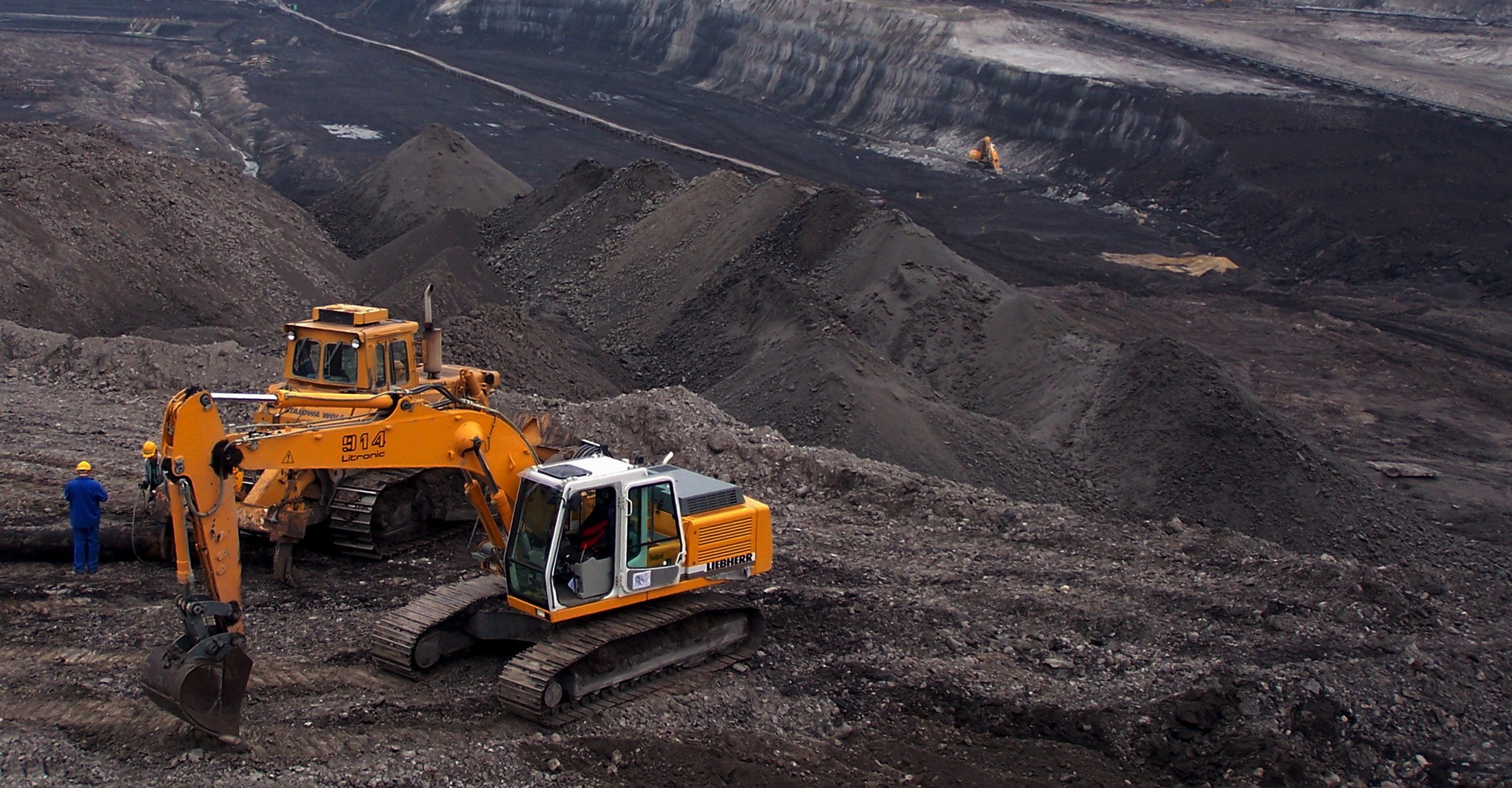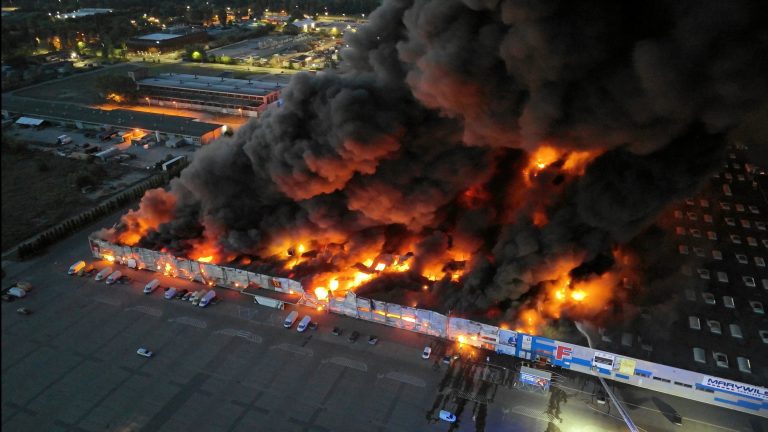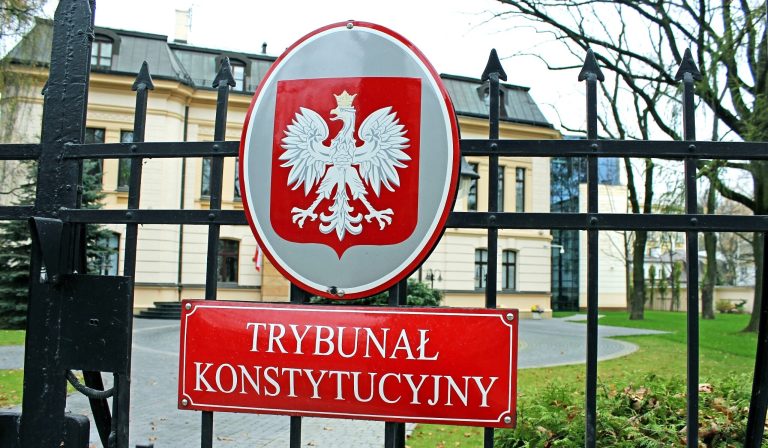Court revokes environmental permit for Poland’s Turów coal mine

A Polish court has overturned an environmental permit issued to one of Poland’s largest coal mines, Turów, finding that it was issued in violation of an agreement with the Czech Republic, on whose border the mine is located.
The ruling has been hailed by the environmental groups that brought the case. But for now the mine – coal from which generates around 7% of Poland’s electricity – will continue to function while a separate case is also heard. However, its operation beyond 2026 remains in the balance.
👏 A Polish court has ruled in activists’ favour — the Environmental Impact Assessment allowing the #Turów coal mine to operate until 2044 is invalid!
Now, the 🇵🇱 govt must start planning the mine’s phase-out & prioritise a #JustTransition for the region.https://t.co/1RlDmTkj90 https://t.co/1eTVg3H4Vg
— Beyond Fossil Fuels (@Beyond_Fossils) March 13, 2024
The environmental permit in question was issued in 2022. Last year, environmental groups challenged the decision, arguing that the mine’s operation was harmful to both people and the environment.
In February 2023, the environmental permit was used as a basis by Anna Moskwa, the climate minister in Poland’s then Law and Justice (PiS) government, to extend the mine’s concession from 2026 to 2044. That decision was also challenged, and a separate case is pending, reports the Interia news service.
In a ruling issued yesterday regarding the first legal challenge, the regional administrative court in Warsaw decided to overturn the environmental permit.
Wojewódzki Sąd Administracyjny w Warszawie uchylił decyzję środowiskową Generalnego Dyrektora Ochrony Środowiska dotyczącą kontynuacji po 2026 roku wydobycia węgla w kopalni Turów.https://t.co/AoGkOq8XWM
— TVN24 BiS (@TVN24BiS) March 13, 2024
The judge, Jarosław Łuczaj, said that he “agrees with the environmental activists complaining about the effects of burning fossil fuels”. However, he added that these were “not circumstances that could affect the assessment of the environmental conditions of the project” when issuing a permit.
Instead, Łuczaj decided to annul the permit because he found that the process of issuing it had violated an agreement Poland signed with the Czech Republic in 2022 to end Prague’s legal challenge against the mine at the European Court of Justice (ECJ).
The agreement included €45 million in compensation from Poland to the Czech Republic and a commitment from the Polish side to ensure environmental protection of the region.
Poland and the Czech Republic have signed an agreement to end their dispute over the Turów coal mine on the Polish side of their border.
Warsaw will pay Prague €45m compensation, build an underground water barrier and fund local environmental projects https://t.co/OpKtpdqpsW
— Notes from Poland 🇵🇱 (@notesfrompoland) February 3, 2022
“Such an agreement is relevant to acts of application of the law,” said Łuczaj. “Meanwhile, the authority in the contested [environmental permit] decision explicitly considered that it was not relevant to the decision in this case. In the court’s view, such a position is incorrect.”
The judge emphasised, however, that his ruling would not bring an immediate halt to operation of the mine, adding that there are still other administrative decisions relating to the mine that his court had to consider.
The ruling was nevertheless welcomed by environmental groups who have been involved in the legal case against the mine.
“The ruling confirms what community organisations have been raising for years about Turow: the mine is harming the environment and the people,” said Agnieszka Stupkiewicz, legal counsel at Frank Bold, an environmental NGO.
WSA w Warszawie uchylił decyzję środowiskową, na podstawie której wydano koncesję na wydobycie węgla w Turowie do 2044 roku. Wyrok potwierdza to, co wiadomo od lat: kopalnia szkodzi środowisku i ludziom. Co dalej? Wiele w rękach rządu. Komentarz: https://t.co/xJNuWxYEpS pic.twitter.com/DEtBpNxm02
— Fundacja Frank Bold (@FrankBold_PL) March 13, 2024
“Although it is clear that it will have to be closed, there is still no clear plan for this that is fair to the residents,” she added. Her organisation warns that if Poland continues to extract coal at Turów, Poland will not receive key European funds for its energy transition.
“Further delay in setting a timetable for the exit from coal will cause damage to the region and its people,” said Radosław Gawlik, president of the EKO-UNIA ecological organisation. “It threatens to leave the region unprepared for the inevitable transition that other coal regions in Poland are already implementing.”
Anna Meres of Greenpeace underlined, meanwhile, that the future of the Turów region now “depends on whether the government openly admits that mining in Turów until 2044 is a pipe dream detached from reality”.
Due to the energy crisis, Poland will not only delay its phaseout of coal but plans to increase production, including opening new mines, says the climate minister.
Coal generates 70% of Poland’s power – the most in the EU – and heats one third of homes https://t.co/ovKz9YSjNk
— Notes from Poland 🇵🇱 (@notesfrompoland) November 7, 2022
Yesterday’s court ruling was, however, condemned as “political’ by Anna Zalewska, a former government minister and now MEP for the PiS party that ruled Poland from 2015-2023 and is now the main opposition.
“The ‘green’ verdict of the [court] has caused great concern in Lower Silesia,” she said, referring to the region in which Turów is located. “The 60,000 people working in the mines, power stations and their subsidiary companies were already sleeping soundly, thinking they had a secure job until 2044.”
When it was in power, PiS vociferously opposed the closure of the mine, arguing that it is an important pillar of Poland’s energy security and vital part of the local economy.
„Zielony” wyrok WSA ws. #Turów wzbudził duży niepokój na Dolnym Śląsku.
60 tys. osób pracujących w kopalni, elektrowni i zależnych od nich spółkach spało już spokojnie, myśląc, że mają pewne miejsce pracy do 2044r.
W piątek spotkam się z mieszkańcami Bogatyni. #TAKdlaTurowa❗️ pic.twitter.com/ikcyvSvUOk
— Anna Zalewska 🇵🇱 (@AnnaZalewskaMEP) March 13, 2024
The head of the branch of the Solidarity trade union that operates at the mine, Wojciech Ilnicki, told the Polish Press Agency (PAP) that the new ruling, if upheld, in effect means that the mine will not be able to operate beyond 2026.
“In 2026, if we don’t have a new concession, this ruling stops mining. We won’t get a new concession in such a short time – that’s impossible given the whole procedure, including the cross-border procedure. So this decision says unequivocally that after 2026 Turów will up be for closure,” he said.
The owner of the mine, state energy firm PGE GiEK, announced that it was still waiting for the written justification for the ruling before commenting. The current government, which replaced PiS in power in December 2023, has not yet commented.
Notes from Poland is run by a small editorial team and published by an independent, non-profit foundation that is funded through donations from our readers. We cannot do what we do without your support.
Main image credit: CAN Europe / flickr.com (under public domain)

Alicja Ptak is senior editor at Notes from Poland and a multimedia journalist. She previously worked for Reuters.






